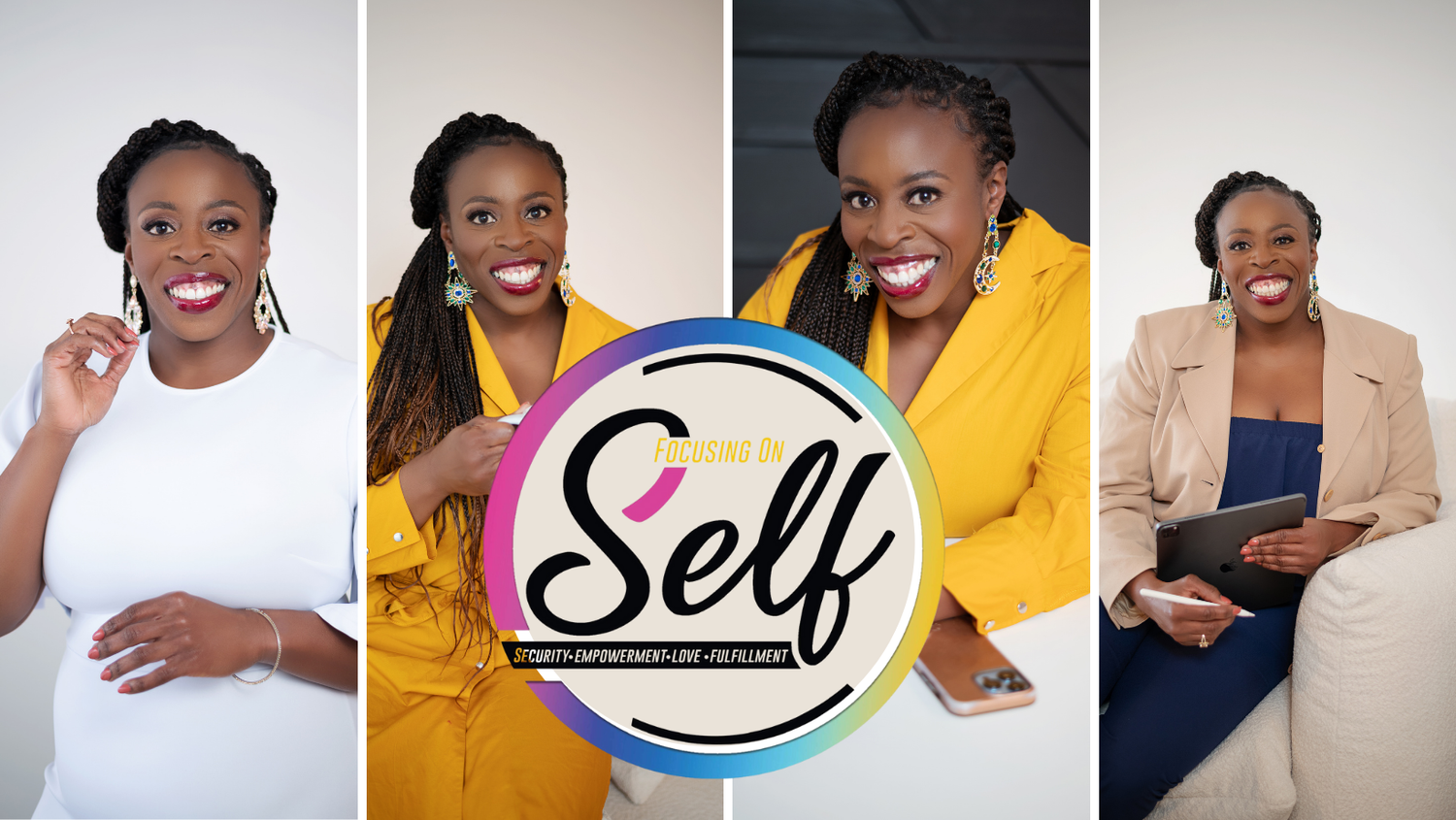the impact of Micro-inequalities
TAKE A STANCE AGAINST MICRO-INEQUALITIES
It’s Time to Take a Stance!
Research indicates that over 60% of Black and Brown Americans endorse at least one experience of racial discrimination and varying experiences with micro-inequalities in their lifetime, and findings suggest links between experiences of racial discrimination, micro-inequalities, and adverse health outcomes are more vital for Black and Brown Americans than for any other group. Carter (2007)
The nature of addressing racial trauma and micro-inequalities is sensitive and requires vulnerability; however, it requires us to take a stance and address micro-inequalities when we observe them occurring in our environments. We likely avoid doing so because we fear perception: how will others view me when I share my experiences? I am still trying to figure it out, but I understand I cannot continue giving energy and effort to the narratives or perceptions. It’s frightening to share truths in spaces where micro-inequalities are deliberately overlooked, disregarded, or a standard practice because of years of oppression or a lack of focus on education, training, and familiarization with diversity, equality, and inclusivity.
It has taken years for me to become comfortable with the vulnerability and authenticity required to voice my disdain, frustration, sadness, fear, and trauma attributed to micro-inequalities. I often think back to my first experiences with micro-inequalities; there were times when it became clear that being black and female would be challenging roles I would have to embrace with confidence.
My first experiences occurred during childhood; during those early times, I didn’t have the language or voice to give to those experiences. There were so many moments where I felt being a black female was a disadvantage. I always thought I would be expected to work harder with minimal rewards, expected to tread lightly around expressing my thoughts and emotions, show up mild-mannered in most spaces so I wouldn’t create discomfort, or manage my temperament in a manner not to be perceived as an angry black woman. Managing all these has exhausted me and historically negatively impacted my temperament, feelings, and thoughts.
The daily battles of “code-switching” as a means of acceptance and inclusivity have exuberated trauma responses, not minimized the disparities, but silenced us in spaces where our voices, education, training, and perspectives are essential. So “code-switching” doesn’t work! The fight against micro-inequalities is longstanding and will not end if we remain silent; we must move past the thought that we must be seen and not heard. Change requires us to be seen and heard, stand, fight against inequalities, listen, observe, educate, and advocate.
Today, I want to empower everyone, regardless of skin complexion, gender, ethnicity, racial and ethnic background, religious or political stance, educational or financial background, to take a stance and address micro-inequalities. Do not allow inequities to thrive in your environments; take a stance and promote diversity, equality, and inclusion in many ways.
With Love,
Qwanquita T. Wright
CEO, Focusing on Self
